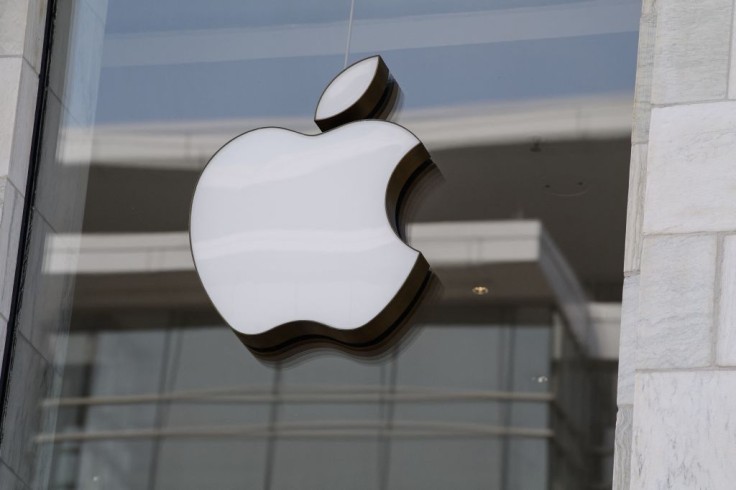Apple has scored another win in its long-running legal battle with Epic Games as an appeals court upheld a previous court decision favoring the Cupertino tech giant. The complaint against Apple started when the company allegedly prevented app distribution platforms apart from the App Store from offering their services to iOS users.

Epic Games Failed to Establish Proof that Apple Seized the Monopoly of App Distribution Platforms
Apple was favored once again in its legal dispute with Epic Games, this time by the US Ninth Circuit Court of Appeals. As reported by Bloomberg, the appeals court upheld the decision made by a lower court two years ago, which refuted Epic Games' claims that Apple limited the app distribution on iOS devices strictly to the App Store, and therefore preventing developers from distributing their apps using their own platforms.
The ruling was made by the Court of Appeals three-judge panel, which acknowledge the "lively and important debate" about the importance of online transaction platforms and the possibility that these platforms can dictate the market.
"Our job as a federal court of appeals, however, is not to resolve that debate - nor could we even attempt to do so. Instead, in this decision, we faithfully applied existing precedent to the facts," the panel wrote. Following the appeals court ruling, Apple issued a statement via Engadget, emphasizing that the company has always abided by antitrust laws "at the state and federal levels. It also pointed out that the recent court ruling is the "second time in two years" that a federal court has favored Apple over the antitrust dispute.
"The App Store continues to promote competition, drive innovation, and expand opportunity, and we're proud of its profound contributions to both users and developers around the world," Apple said.
There is another good news for Apple from the latest court decision as it maintained the previous ruling absolving the Big Tech from any legal fees related to the antitrust complaint filed by Epic Games. Still, the complainant has the option to move the case to a higher court.
Related Article: Apple Conducted Anti-Union Meetings for Its US Stores, Reports Say
Apple Should Still Modify Its Anti-Steering Provisions, According to Court of Appeals
The latest ruling by the appeals court upheld the original 2021 ruling by US District Judge Yvonne Gonzalez Rogers. Judge Rogers' court found that there is no evidence showing that Apple is using the App Store to take control of the app market. While the Court of Appeals favored Apple in this case, it also upheld one part of the original ruling in favor of Epic Games.
Aside from the accusation that Apple has created a monopoly via App Store, the software developer pointed out Apple prevented developers from directing users to alternative payment systems for their app subscriptions, which is part of the company's anti-steering provisions. Instead, Apple only allowed purchases to be made via App Store. As a consequence, users couldn't get out of the 15 to 30 percent cut that Apple obtains from in-app purchases.
With this, Apple is still obligated to change its anti-steering provisions as decided by the lower court. The tech giant has yet to appeal to this part of the ruling.
"We respectfully disagree with the court's ruling on the one remaining claim under state law and are considering further review," Apple stated.









